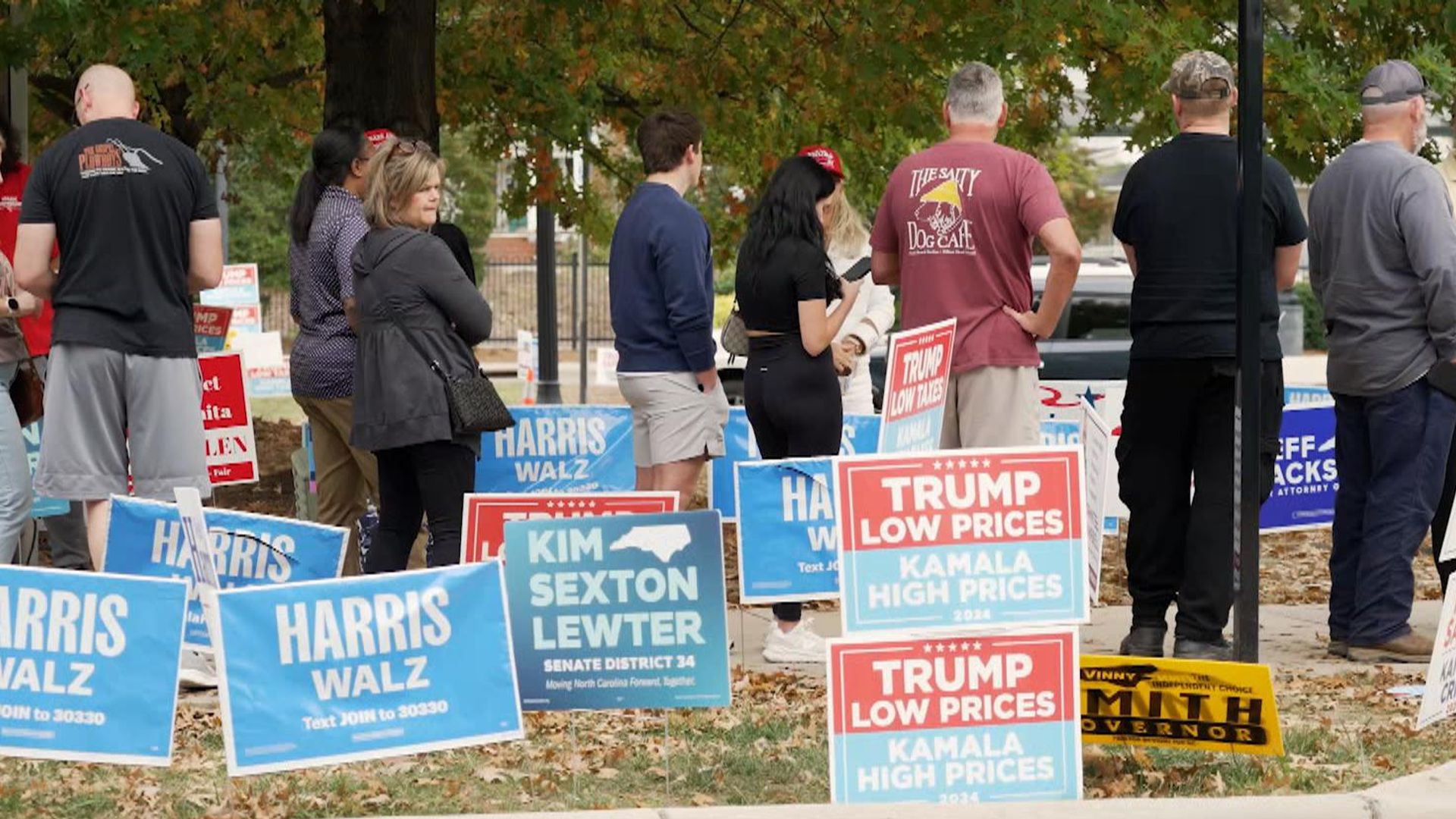
The BDN Opinion section operates independently and does not set newsroom policies or contribute to reporting or editing articles elsewhere in the newspaper or on bangordailynews.com.
Shirley Hager is the chair of the Committee on Tribal-State Relations of the Friends (Quaker) Committee on Maine Public Policy. She is a retired associate extension professor from the University of Maine, and is also the lead author of “The Gatherings: Reimagining Indigenous-Settler Relations.”
This past summer I wrote to U.S. Sen. Angus King expressing my hope that he would support U.S. Rep. Jared Golden’s bill, H.R. 6707, when it came to the Senate. H.R. 6707 would enable Wabanaki tribes in Maine to access federal laws benefiting tribes that are available to all other Indigenous nations in the country, which Wabanaki Tribes now cannot do unless specifically named in the law. Since the Maine Indian Claims Settlement Act was passed in 1980, the Wabanaki in Maine have missed out on more than 150 bills passed by Congress intended for their health, safety and welfare.
The response I received from King, whom I respect and normally support, was disappointing. In his letter to me he stated, “any substantial changes in the terms of the agreement between the Tribes and the State must be the result of good faith negotiations between all parties, and not be unilaterally imposed by Congress,” and said that he could support changes to the settlement act if “both [the Tribes and the State] agree to a modification.”
I grew up in the segregated South in the 1950s and ‘60s. My home state of North Carolina during that time tried every possible means and loophole of avoiding, circumventing and defying federal civil rights legislation. If the U.S. government had left it up to southern states at that time to “do the right thing,” I believe I would have graduated from a still-segregated high school in 1970. But thankfully the rights of African American citizens were prioritized over “states’ rights” at the time, and the federal government intervened.
I’m reminded of this era when I think of where we are in Maine right now. Golden, who sponsored the bill, and U.S. Rep.Chellie Pingree, who co-sponsored it, understand that Maine has for too long avoided the “good faith negotiations” that would finally make significant changes to the settlement act, and that would lift the burdens imposed by it on the Wabanaki. Yes, progress has been made in the last two state legislative sessions, but the critical changes to the settlement act recommended by a bipartisan legislative task force in 2020 remain unimplemented — changes that would make real, positive improvements in the welfare of Wabanaki people and which, by the way, would also bring much-needed resources to surrounding rural non-Indigneous communities. Clearly, leaving the fate of the Wabanaki in the hands of Maine is not working, just as full compliance with civil rights legislation didn’t work in my home state until the federal government insisted.
The intent of H.R. 6707 is simply to allow the Wabanaki access to the same laws that other Tribes in the country enjoy. I strongly urge King and U.S. Sen. Susan Collins to do the right thing and support this legislation when it comes to the Senate within the next few weeks.








